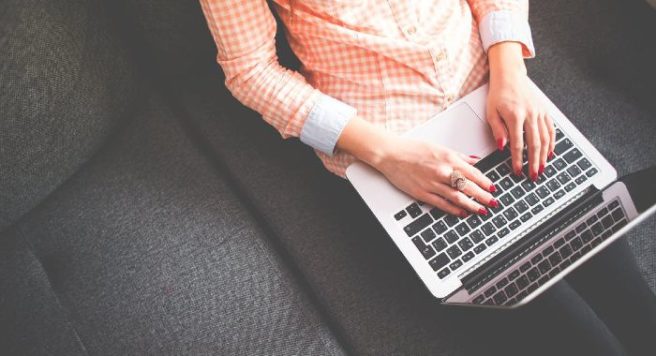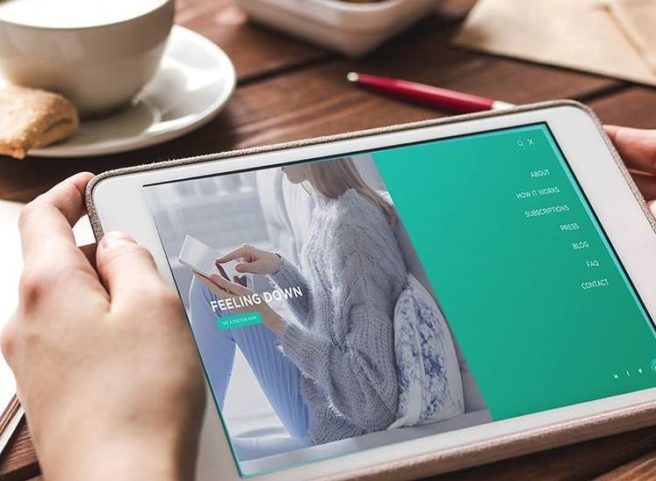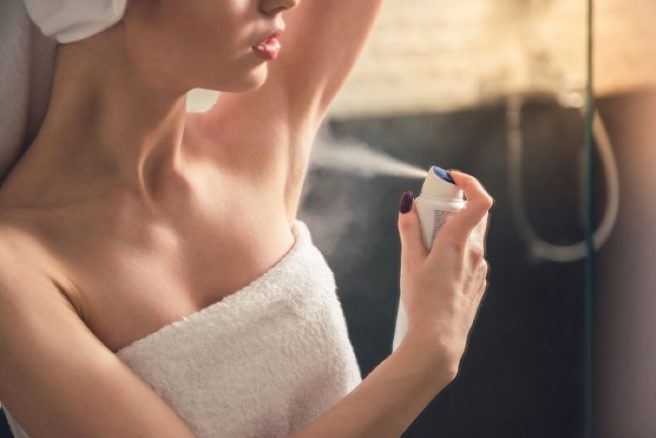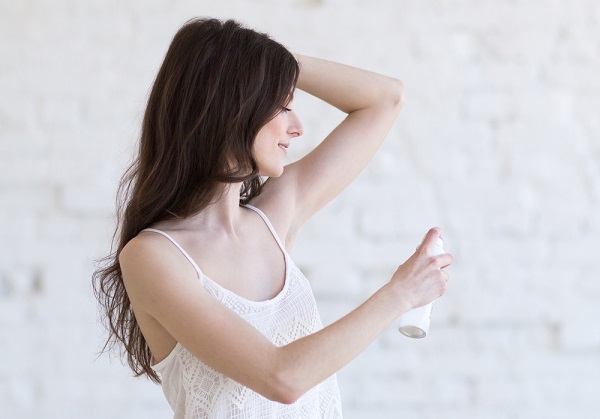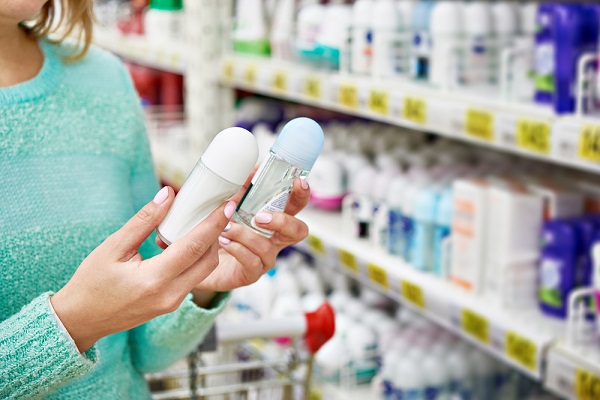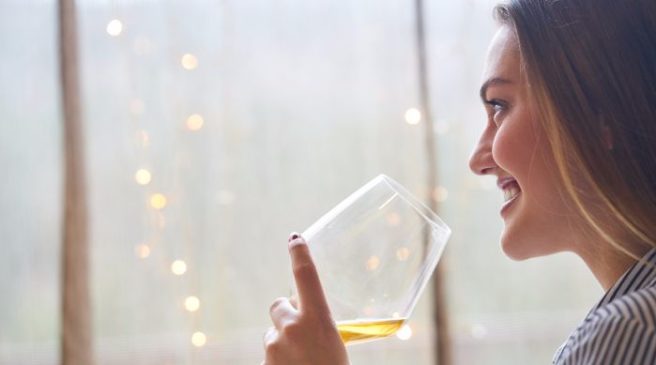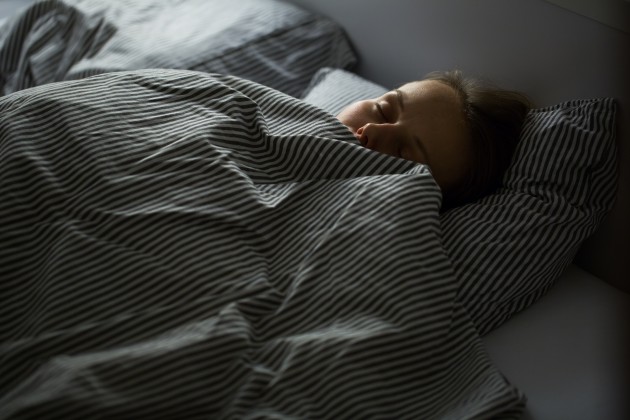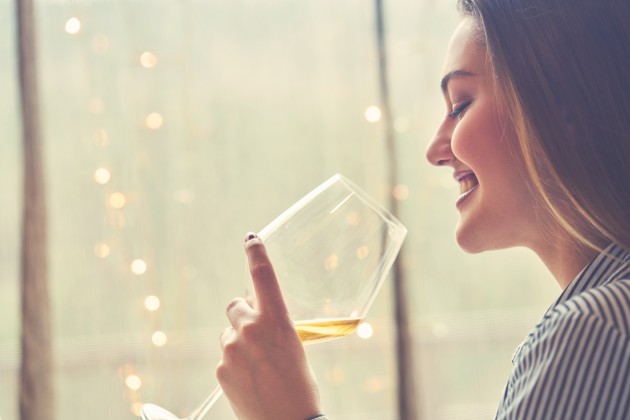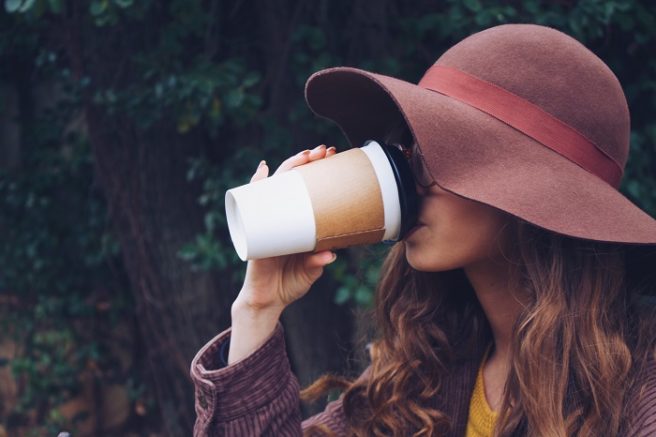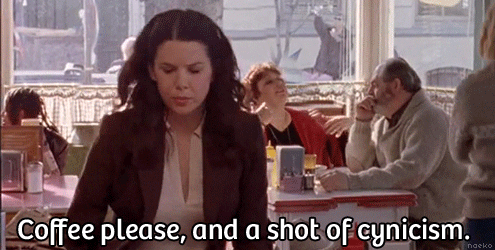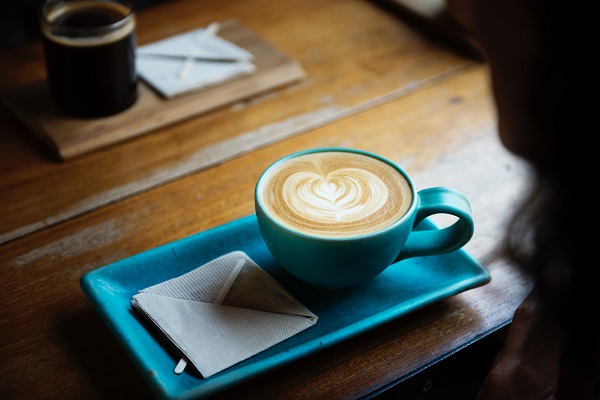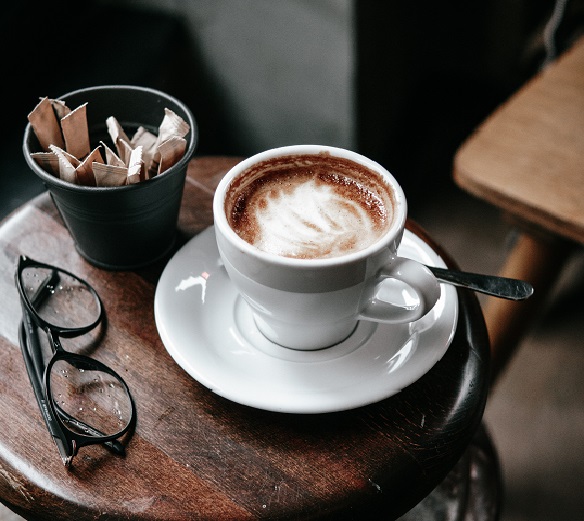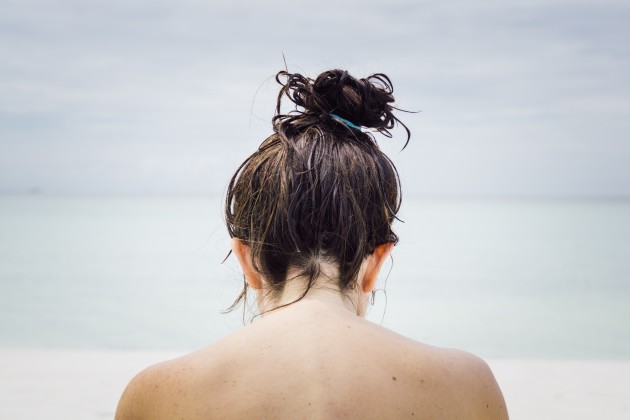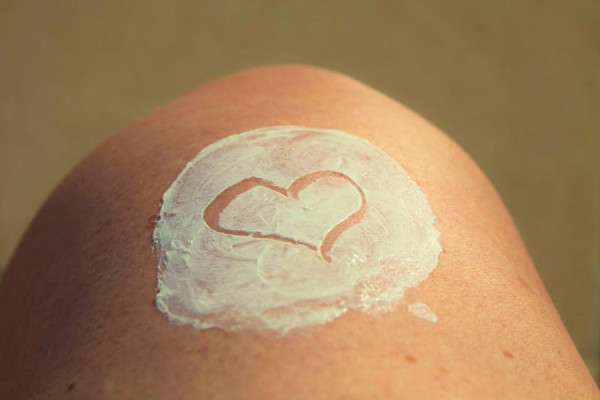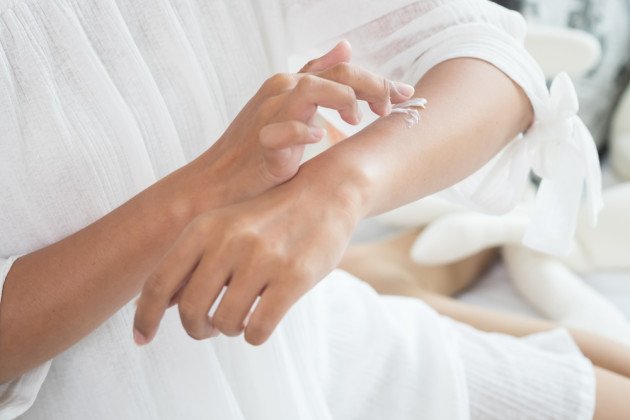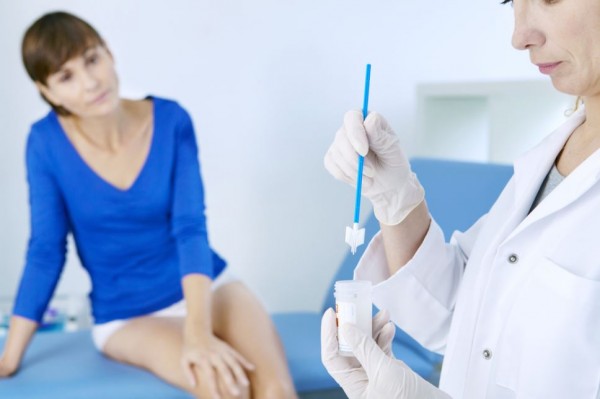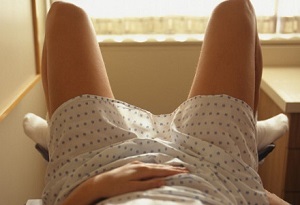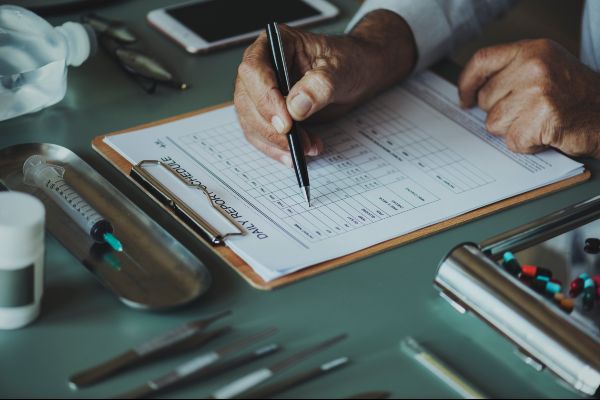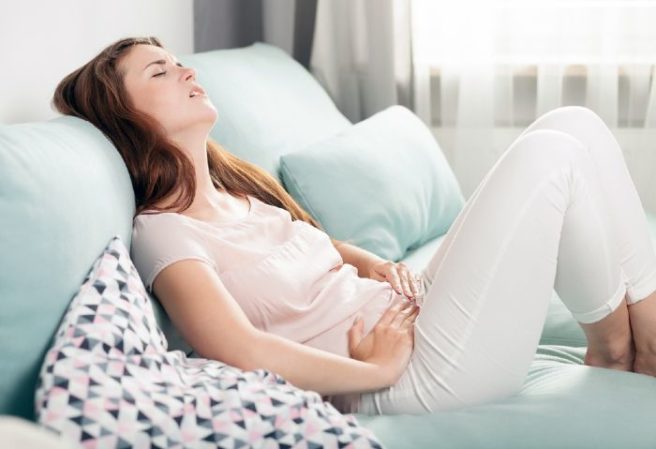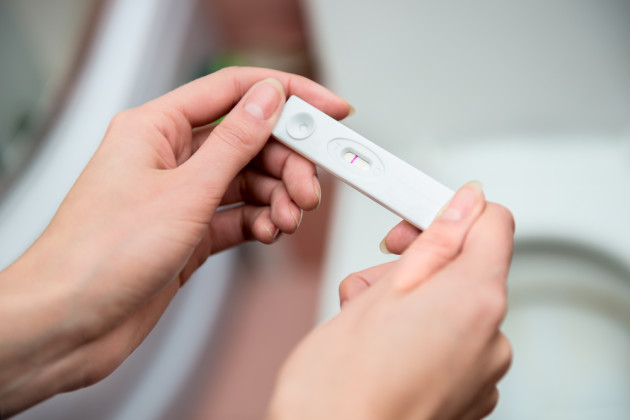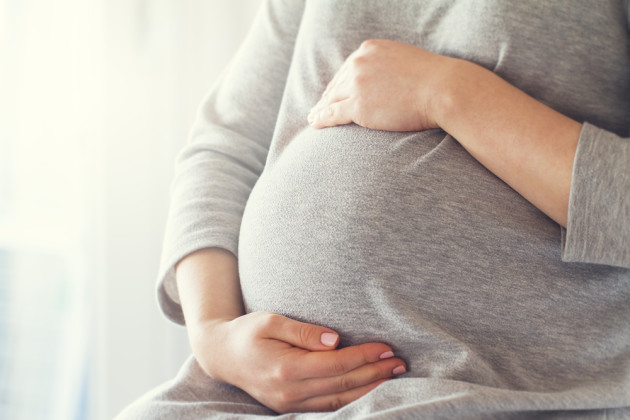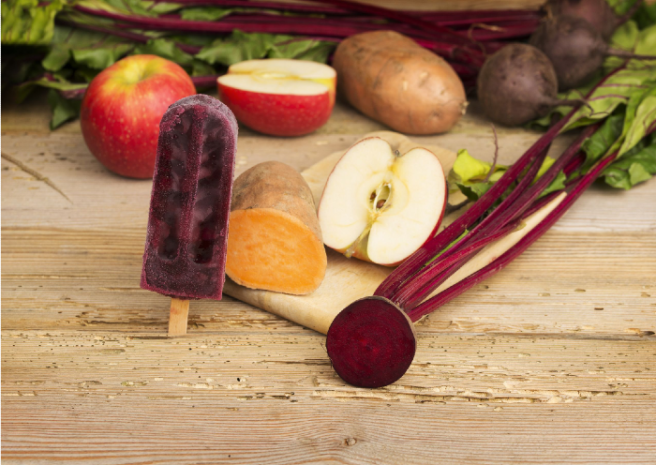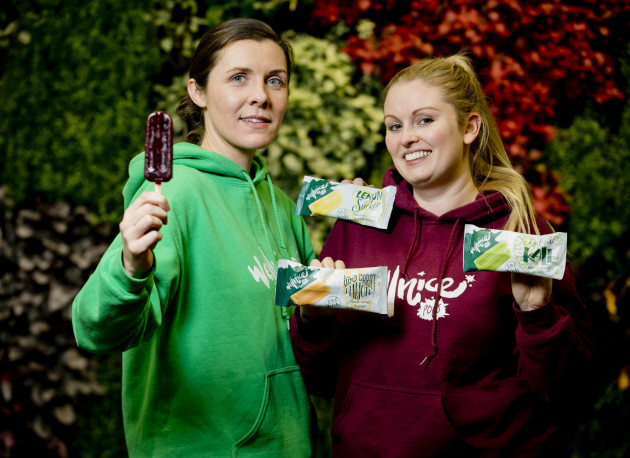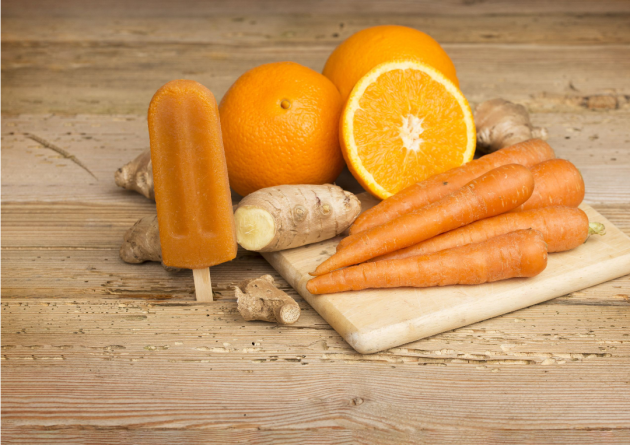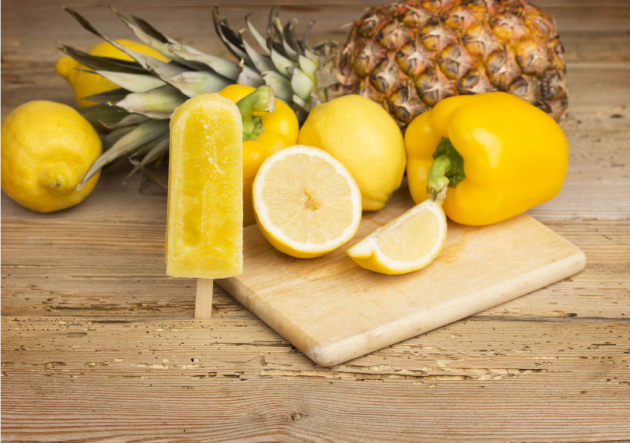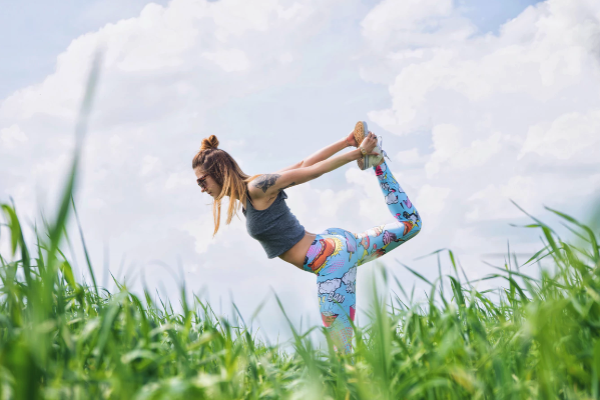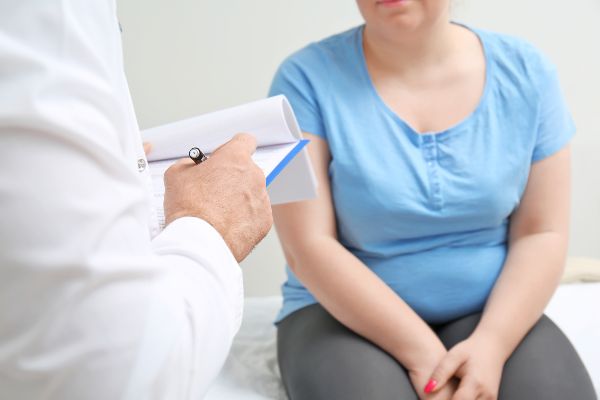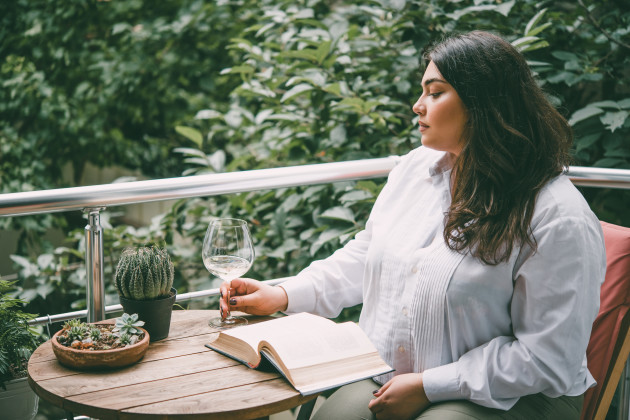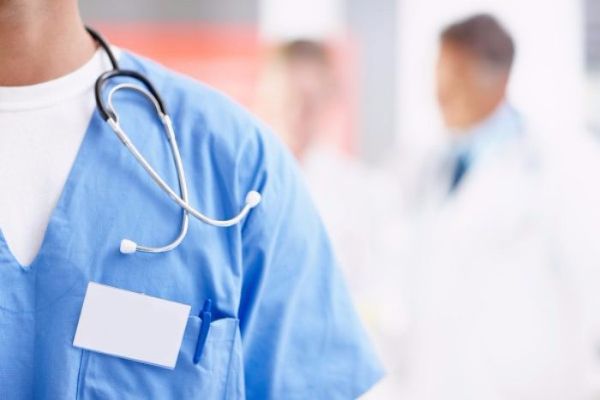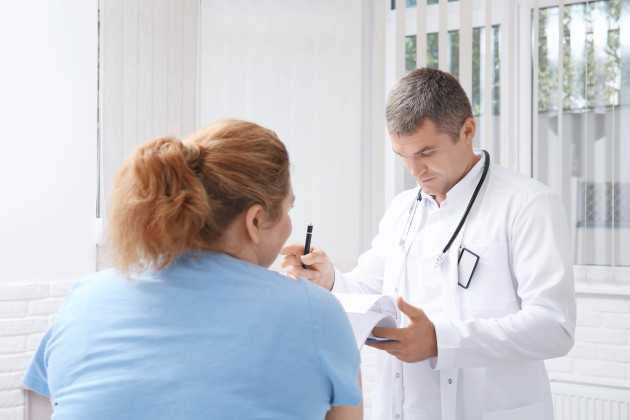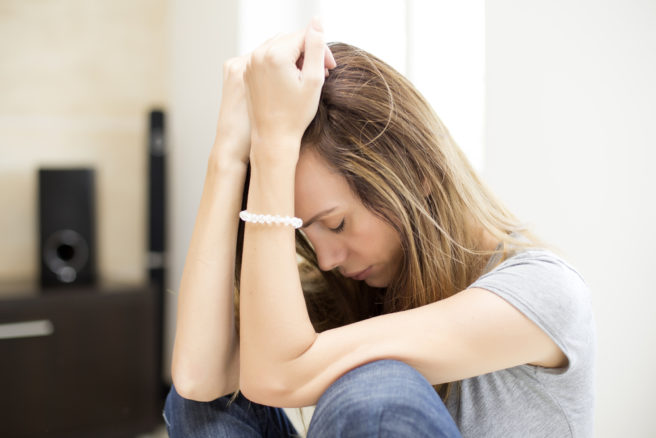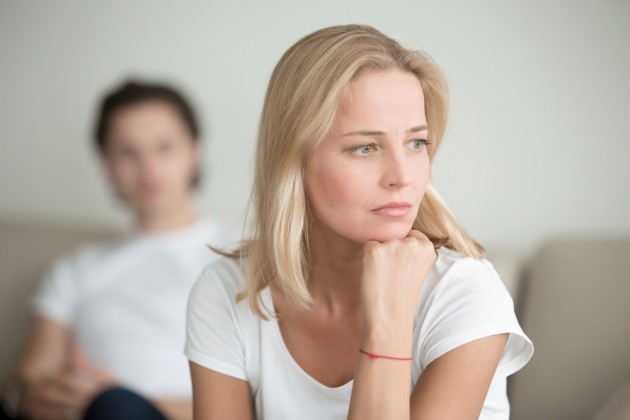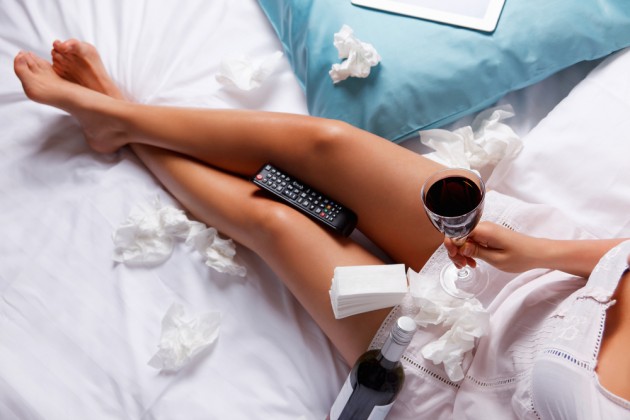Sleep! Don't sleep. Drink! Don't drink. Exercise! But not too much.
In the world we live in, it seems like every corner of the Internet is telling us something different.
'Researchers' and 'scientists' who have been conducting studies for years on end will tell you the best way to live your life.
The best way to go to sleep at night. The best way to eat your greens. The best way to have sex.
But, what do any of them know about you?
A recent article featured on Refinery29 brought up the issue of 'social jet lag'.
A research paper published in the science journal Sleep, said that sleeping in at the weekend or on days off is detrimental to your health.
"This routine is actually causing chronic fatigue and often triggers a terrible mood. Even worse, a new study reveals that this form of 'jet lag' can increase your risk of heart disease by 11 percent," explains R29.
I'm speaking for myself here when I say I couldn't be more delighted when I sleep in, and my mood is definitely boosted with an extra hour in bed.
The lead author of the study, Sierra B. Forbush, said: "These results indicate that sleep regularity, beyond sleep duration alone, plays a significant role in our health."
At first glance of this study, I would look away immediately. As I said above, I love nothing more than sleeping in at the weekend, and I bask in the glory of my bed when I have a day off.
And even though they are just my own views, a study published in New Scientist backs them up.
Just last month, the research paper found that brain cells ware out and can be destroyed if we're sleep deprived.
Experts suggested that lying in was a great way to combat this issue, which can lead to Alzheimer's disease and other neurological disorders.
So, who is right? Who should we believe? To sleep or not to sleep.
Alcohol is another tricky one. A study popped up this week claiming that "even moderate drinking can damage the brain."
It explains that even if you drink a mild amount of alcohol over the space of 30 years, the right side of your brain can shrink from its intake.
"The findings do contradict a common belief that a glass of red wine or champagne a day can protect against damage to the brain,” said one of the researchers.
However, another study published just last week said, "a glass of red wine every night may help people with their cholesterol and cardiac health."
A quick scan through EurekAlert, a science news website, shows similar views; 'Red wine compound linked to health!', 'Drinking with friends makes you happy!', 'Wine with dinner can improve the cardiovascular system!'
We're living in an age where people have the tools (hello, Internet) to voice their numerous opinions and 'findings', and while this can be a fantastic thing, it also lends itself to utter sh*te.
Something that is good for you may not be good for the person sitting beside you.
Sleeping in on Saturday morning is your saving grace, but could be Hell for your sister.
Drinking a glass of wine might calm you down, but make another person anxious.
I'm going to stop concentrating so much on what the Internet is telling me and concentrate more on what my body is telling me.
If I'm tired and want to sleep, I will sleep. If I'm sitting in on a rainy Tuesday night and fancy a glass of vino, I will drink it, happily.
While it can be great and beneficial to read these studies, believing every word will only send you into a spiral.
So, drink the wine, Sleep in. Eat chocolate. Listen to your body, and just do you.
